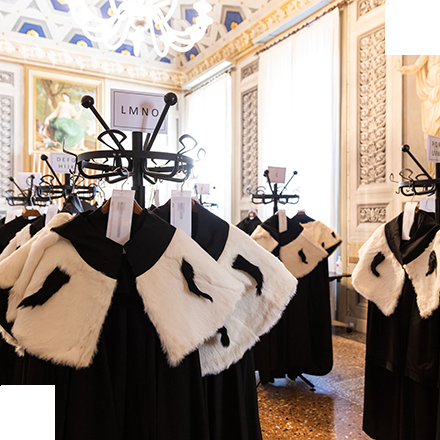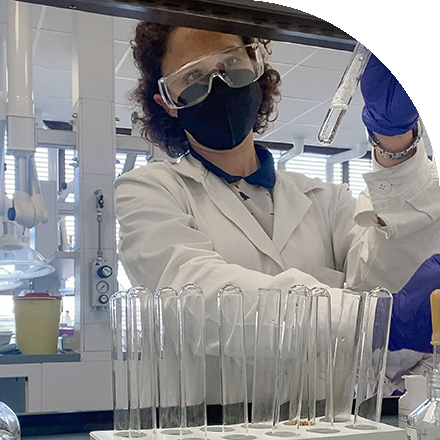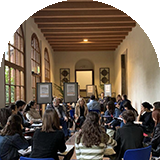Università Cattolica del Sacro Cuore Largo A. Gemelli, 1 - 20123 Milan
Emilio Beltrami
Graduated in Political Science in 2002, he was the first to carry out an internship at Sebrae (National Agency for the Support of SMEs) in Brazil. A few months ago he was called by the United Nations as Innovation Expert Senior Consulting at UNIDO.
What was your career path?
After graduating in International Political Science with Prof. Beretta, I started looking for a job and I found an internship with Promos, the Chamber of Commerce's agency for international activities, which had an international cooperation project together with the Inter-American Development Bank in Washington and SEBRAE - Brazilian Support Service for Small and Medium-sized Enterprises. The aim of the internship was to promote the growth and competitiveness of companies in Brazil, based on the development model of Italian SMEs based on industrial districts. In particular, my internship took place in an industrial district in the north-east of Brazil, in the footwear sector. After six months, I returned to Italy to complete this postgraduate course and, in the end, at the invitation of the Sebrae Nazionale and the Inter-American Bank, I moved permanently to Brasilia.
Since 2005, I have held the position of Consultant for International Cooperation at Sebrae and I have had the opportunity to continue to collaborate with Università Cattolica, in particular with Altis.
You have recently joined UNIDO: a new challenge?
Yes, after a long journey of 10 years, I had the opportunity to access an international selection process with the United Nations, specifically with UNIDO, the arm of the United Nations that relates to industrial development. A few months ago, I started a new career path at the Unido Office in Brasilia, where we are developing a project related to the green economy and greenhouse gas reduction activities related to the Paris Protocol.
It is a new challenge but I have a solid foundation: through the knowledge and method acquired at Università Cattolica and the previous professional experience, I have gained a cultural background that allows me to work on this new project in the production chains of large industries for the development of biomass.
Was your choice of Università Cattolica significant in your educational and professional path?
In relation to the university period, two major components should be underlined: the first is the ability of Università Cattolica to organise the educational path. At the time I remember that I worked on weekends and in the summer because I had to support myself in Milan, so the time I had to access information was short. Thanks to the internal organization of the University, I was able to collect all the necessary information for my exams and this was certainly a positive differential that allowed me to graduate more easily. In addition, another factor that I would like to emphasize were the values transmitted, which are based both on Christian culture but also linked to the world of work, ethics, and the family, those values that allow the student to grow up in an environment conducive to the cultural development of the person.
As an alumnus, do you still feel connected to your university?
Absolutely yes! I am truly grateful to Cattolica for giving me the opportunity to enter an international market with an internship and, today, to continue to dialogue constructively on a professional level. Even today, in fact, we work with Altis, for the training of senior executives of Brazilian industrial systems and development agencies in Brazil.
I identify the Catholic University as a place of excellence for the continuing education of the person, so every time I return, I find the peculiarities, the characteristics that formed me: it is as if it were a rock in the middle of the sea to cling to. In such an "overwhelming" world, people need to return home, to the territorial system, where they were born and raised and therefore where they meet their values. Even with respect to companies, companies want to internationalize but when you are abroad you see Made in Italy, and you understand that you resell what is genius loci.
If you had to describe your experience at Università Cattolica in one word, what would it be?
Interpretation: because Università Cattolica has been like a magnifying glass that has allowed me to read the world and, above all, what the new society is, the complexities of a globalized world and define my own strategy to interpret the changes and today in the best possible way.
The Interview
Emilio Beltrami talks about his new professional experience linked to the United Nations and how his studies at Cattolica were fundamental to achieving certain results, especially for the "cultural development of the person".






